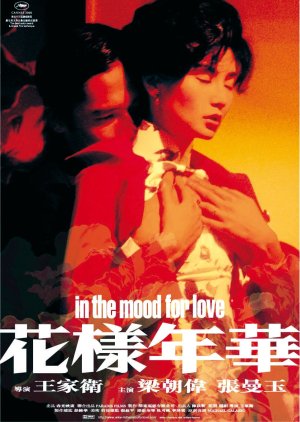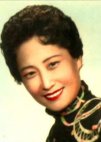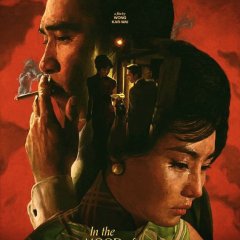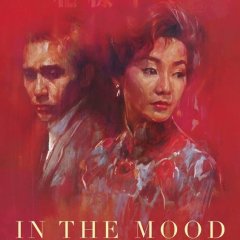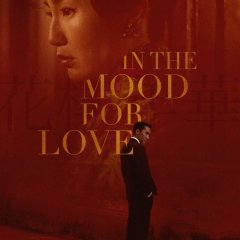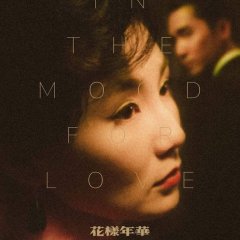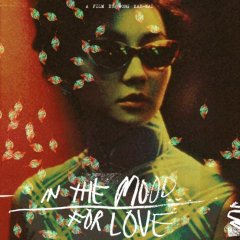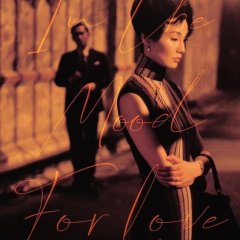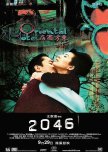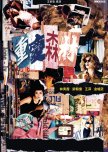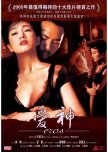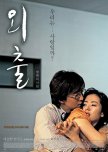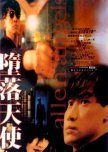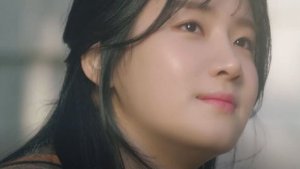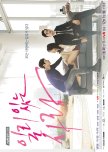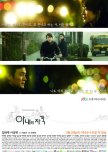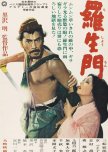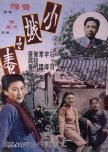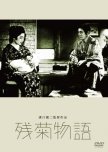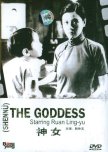 Stunning Visuals in Asian Cinema
Stunning Visuals in Asian Cinema Hong Kong, 1962. M. et Mme Chow emménagent dans leur nouvel appartement le même jour que leurs voisins, M. et Mme Chan. Sans comprendre comment cela a commencé, Chow Mo Wan et Chan Li Zhen apprennent que leurs époux respectifs ont une liaison. Cette découverte les choque mais les rapproche. Ils se voient de plus en plus souvent mais le voisinage commence a s'en apercevoir. Il semble n'y avoir aucune possibilité pour eux de vivre une relation amoureuse. (La Source: Wikipedia) Modifier la traduction
- Français
- 中文(台灣)
- Русский
- Ελληνικά
- Titre original: 花樣年華
- Aussi connu sous le nom de: Fa yeung nin wa , the age of blossoms , the flowery years , Les Silences du désir
- Scénariste et Réalisateur: Wong Kar Wai
- Genres: Psychologique, Romance, Vie quotidienne, Drame
Distribution et équipes
- Maggie CheungSo Lai Zhen / Mrs. ChanRôle principal
- Tony LeungChow Mo WanRôle principal
- Sun Jia JunMrs. JauRôle Secondaire
- Szu-Ying ChienAmahRôle Secondaire
- Rebecca PanMrs. SuenRôle Secondaire
- Julien Carbon Rôle Secondaire
Critiques

acting is outstanding and sizzling and chemistry between lead actors is going to make you crazy.
OST is a definite 10. this is a music which is going to stay with you for many years.
No summary can do it justice then watch it.
Cet avis était-il utile?

This film is about details. From small gestures, to quick looks, ringing of the telephone and shots of the clock to show the passing of time, it allows you to venture into a unrequited love story that's not painful but not overly dramatic. Kar-wai channels his use of details to move the story forward without too much effort just with simple rain, simple change of clothes or simple montage that exert such beauty it takes your breath away.
He knows how tell a story not through grand dialogues but through body language which is through cinematography. Not much head space here, much head space there, blurred wall here, never showing the face there, it leaves you guessing but also doesn't leave you in the dark. You know what's happening because it's being shown before it's being told. Repetition is also key here. Repetition blends well with time which blends well with setting and ultimately dances around the story.
If Chungking Express' aesthetic is filled with exotic colors, In the Mood for Love is vibrant and exhilarating with different colors even exhibiting some traces of noir style. Similar themes with Chungking, In the Mood for love portrays a more intimate type of longing, one that's filled with utmost desire that excites us through actions and not words spoken. We are plagued with a nostalgic 60s Hong Kong setting detail by detail and it entraps us into this alluring tale filled with cinematic beauty including slow motions and simple focus on blowing smoke; it is sexy without needing to be.
Maggie Cheung and Tony Leung exhibit such tension that we feel the love without needing to do anything passionate. Cheung's beauty transcends while Leung's restrained depiction is admired. There is delicateness present when they act together that just leaves you hungry for more. Of course this is all made possible by the soundtrack, handled by Shigeru Umebayashi. The music exerts feelings and flirts with Kar-wai's mastery of cinema together with the actors' vivid emotions makes everything a complete package.
Cet avis était-il utile?

